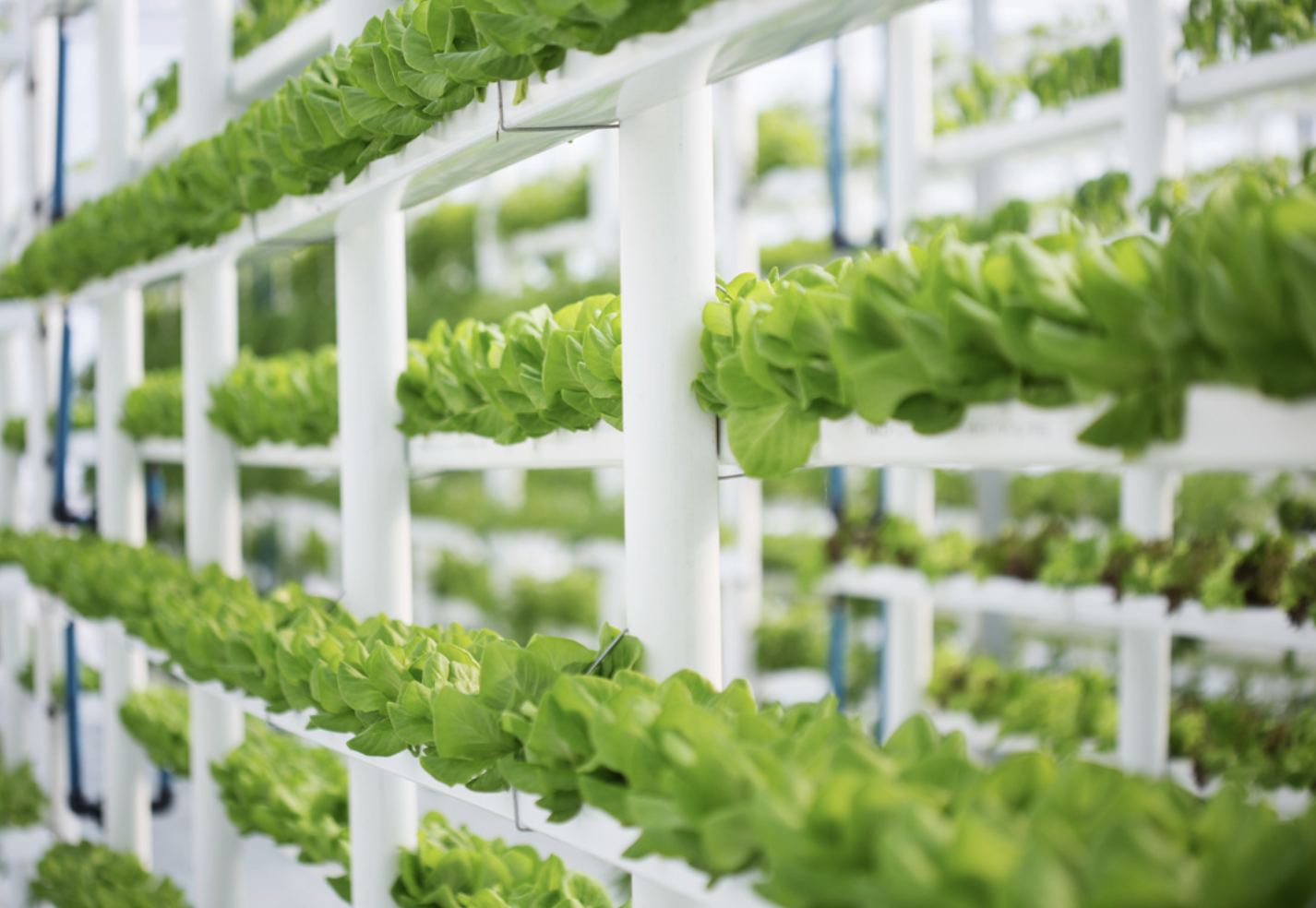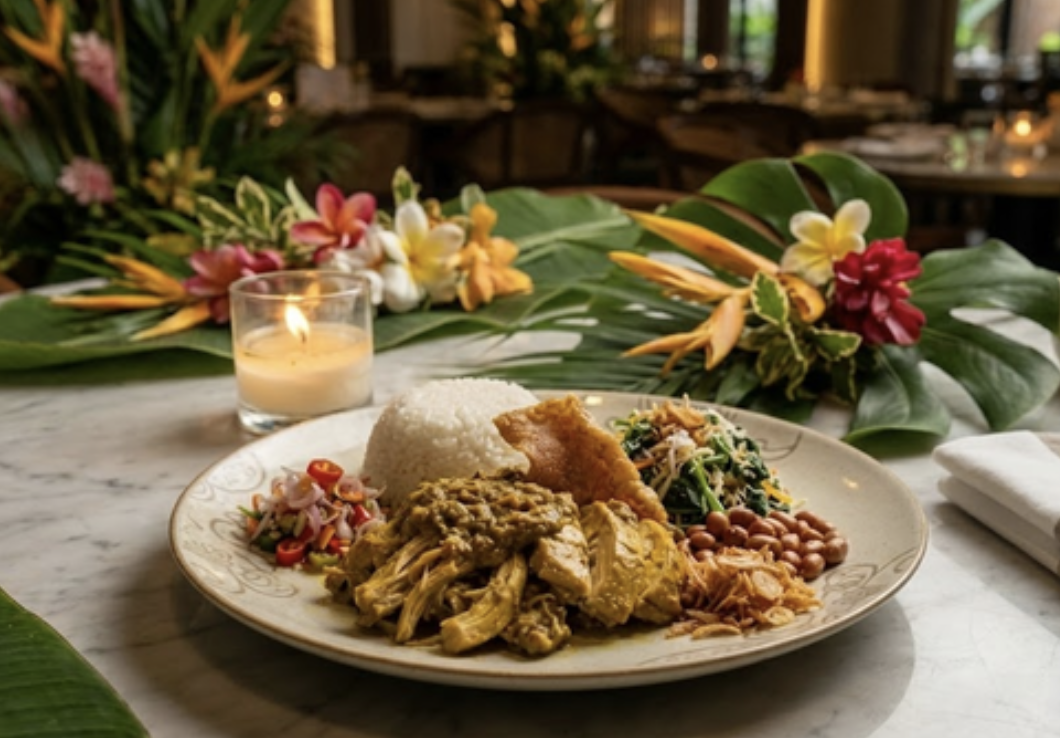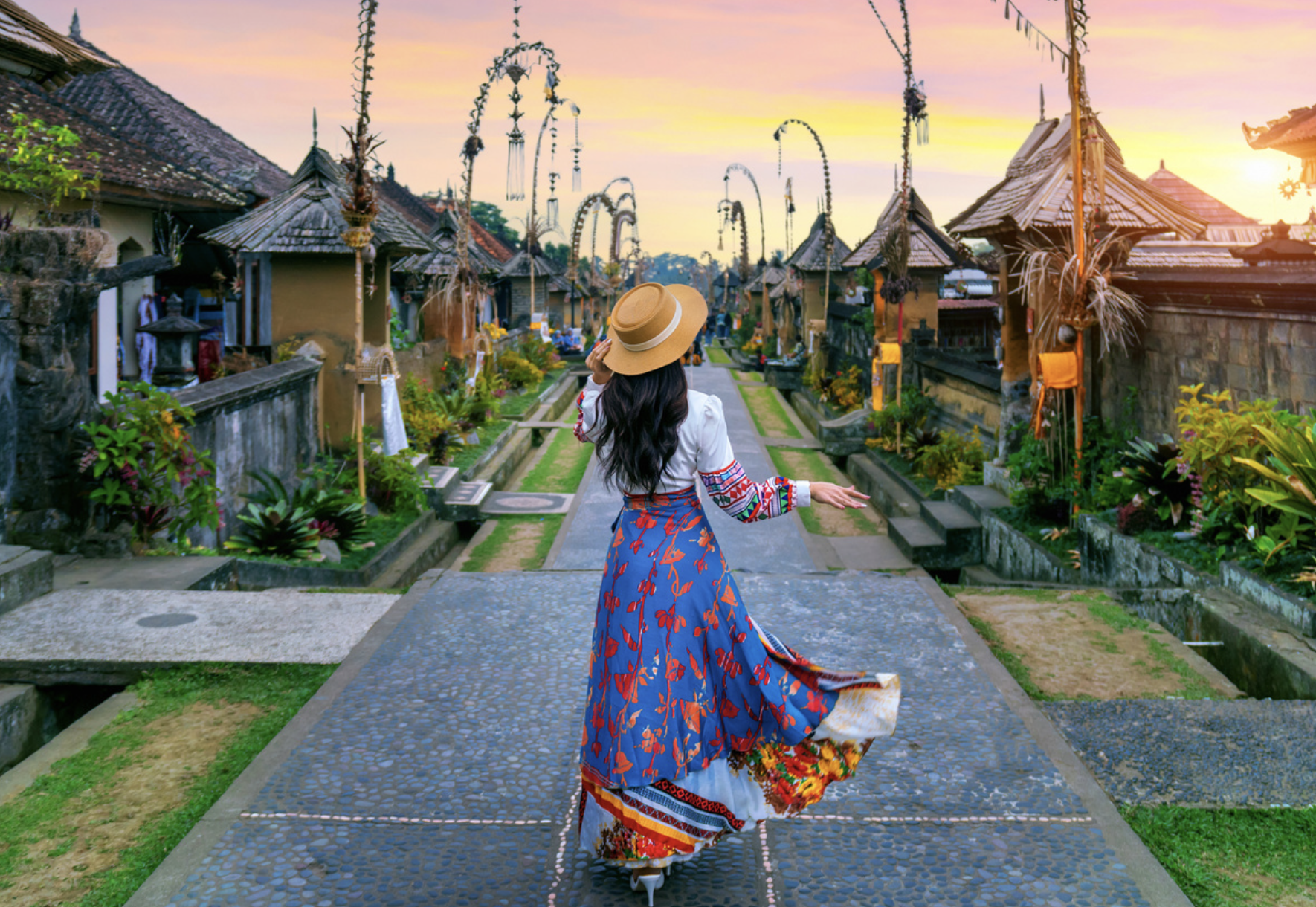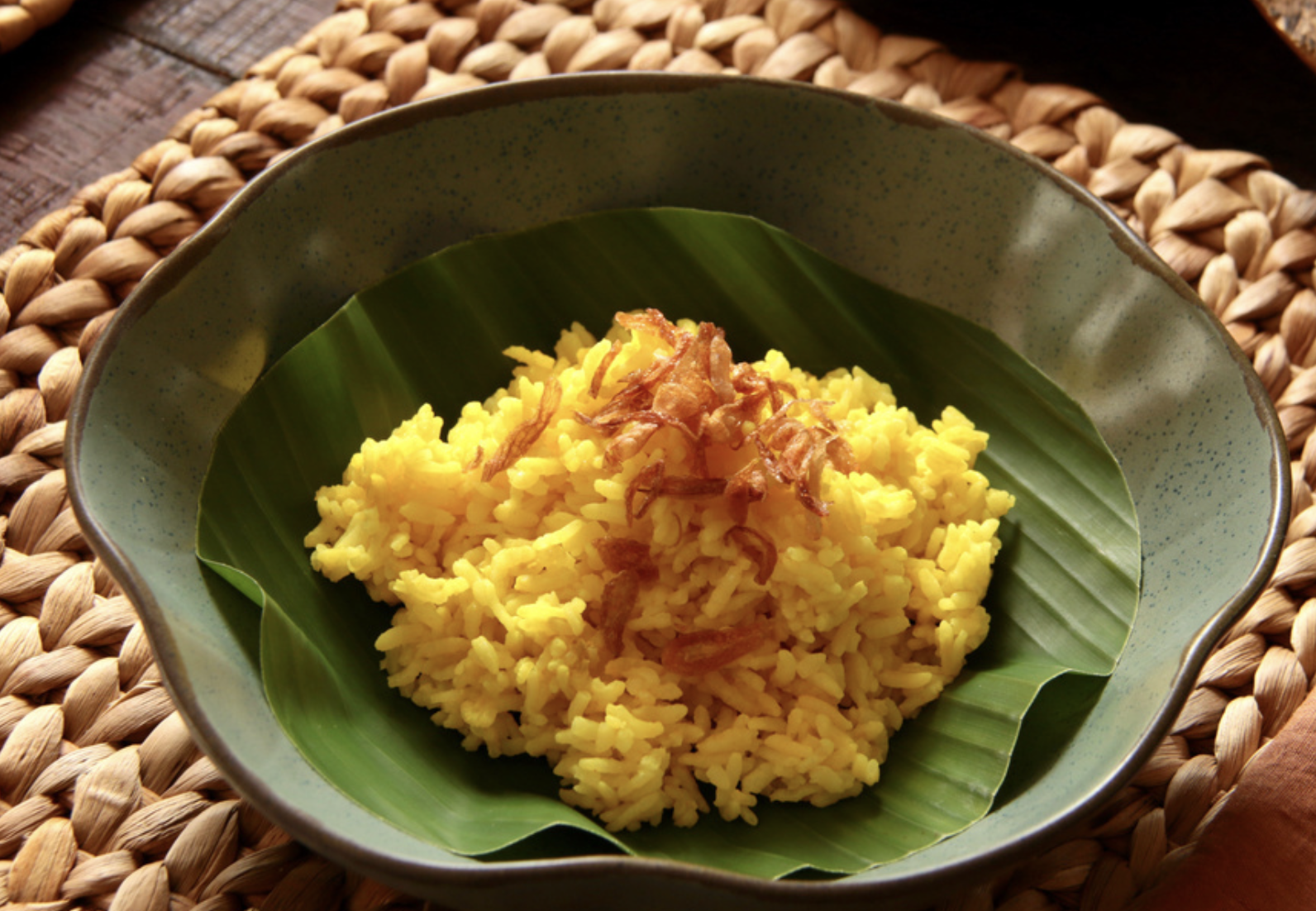Coffee is more than a beverage in Indonesia – it’s a celebration of heritage, with each region producing beans as unique as its landscape. Recently Indonesia gained an international recognition for its exceptional coffee varieties. In 2023, the prestigious Cup of Excellence honored several Indonesian coffees for their high quality, with over 30 coffees scoring above 87 points. This achievement has solidified Indonesia’s reputation among coffee enthusiasts, drawing attention to regions like Sumatra, Sulawesi, and Bali for their distinct flavors and production methods.
The diversity of Indonesia’s coffee is remarkable. Each island offers its own character, from Sumatra’s bold and earthy Mandheling to Sulawesi’s complex, fruity Toraja coffee. Bali’s Kintamani region, located in the highlands, is famous for its Arabica coffee. The volcanic soil and favorable climate lend the beans bright acidity and fruity undertones, which have captivated international palates. This sustainable, small-batch farming in Kintamani reflects Bali’s dedication to preserving traditional methods while supporting the local community.
Bali has embraced coffee tourism, offering immersive experiences through plantation tours and artisanal coffee shops. Plantations like Bali Pulina and Alas Harum allow visitors to witness the full coffee-making process, from bean cultivation to roasting, and sample a variety of brews, including the rare Kopi Luwak. Known as “civet coffee,” Kopi Luwak is produced from beans that have passed through the digestive tract of the Asian palm civet, creating a uniquely smooth, low-acid profile. Visitors to these plantations can enjoy tastings, scenic views, and an authentic glimpse into Balinese coffee culture.
In Ubud, Bali’s cultural hub, coffee shops like Seniman Coffee Studio offer workshops and tasting sessions, allowing visitors to engage with the journey of each bean from farm to cup. Here, coffee culture has evolved to honor local heritage while embracing global influences.
For the Balinese, coffee is woven into both spiritual and social practices. During ceremonies, sweetened coffee is often offered to deities as a symbol of hospitality and respect. Traditional gatherings include the sharing of “kopi tubruk” (unfiltered coffee), bringing families and communities together.
Indonesia’s coffee culture, from Kintamani’s plantations to Ubud’s vibrant cafés, embodies a rich narrative of sustainability, community, and artistry. BBTF 2025 celebrates this legacy, inviting travelers to immerse themselves in the flavors and traditions that make Indonesian coffee an enduring symbol of heritage and pride.






